Discover The Great Conversation
The Great Conversation

The Great Conversation
Author: The Great Conversation
Subscribed: 19Played: 654Subscribe
Share
© The Great Conversation
Description
The Great Conversation is made up of the Great Books of the Western World. A collection of books assembled by Mortimer J Adler and Robert Hutchins that embodies the past 25 centuries of written work making up the ideals and discoveries of our western culture.
39 Episodes
Reverse
In this episode, the origin of the most ancient people in the cradle of civilization as well as the origin of the Nile river in Herodotus Book 2.
Biography: The Great Books of the Western World Britannica 3rd Printing 1992
The History of Herodotus Translated by George Rawlinson. This episode covers Book 2 Paragraphs 1 - 62
In this episode, we discuss the fall of Cyrus the Great after his monumental conquest of Asia.
Biography: The Great Books of the Western World Britannica 3rd Printing 1992
The History of Herodotus Translated by George Rawlinson
This episode covers Book 1 Paragraphs 123 - 216
In this episode, we discuss the birth of Cyrus the Great and the plot to kill him. His grandfather Astyages had a dream that his daughter would produce offspring that would take over his kingdom. He then tries to have his grandson killed but his plot is spoiled by a herdsman.
Biography: The Great Books of the Western World Britannica 3rd Printing 1992 The History of Herodotus Translated by George Rawlinson This episode covers Book 1 Paragraphs 92 - 122
In this episode, Cresus's kingdom has fallen to Cyrus, but Cresus shows incredible humility and wisdom by sharing with Cresus how to maintain the land he has just conquered.
In this episode, Herodotus throws us into many conversations about life, history, culture, and finances.
In this episode, Herodotus throws us into many conversations about life, history, culture, and finances.
The love languages of men and women are completely different even when discussing the same love language.
The Great Books took us through the works of tragedy where we find many others punching the bounds of poetry and theater. Many of these authors faced steep scrutiny of their work and some did not see success for over a decade.
Welcome back to the Great Conversation in 2023! Sorry, we've been MIA. We are back! We are committing to the Great Books this year, and we are committing to our conversation time with you. So, join us in this episode as we discuss HOW we are going to commit to the great books and other great ventures this year.
In this episode, we're unpacking The Clouds by Aristophanes where we look at the behavior and interactions between Strepsiades, Phidippides, and Socrates. Did the poor behavior of Phidippides come from Socrates teaching Phidippides how to rebel against his father, or was the rebellion already present?
Thanks for joining The Great Conversation!
In this episode, we are discussing Crito by Plato. Socrates is in prison and Crito comes to him hoping to convince him to jailbreak and exile to a foreign land. Socrates proceeds to argue his case for staying in prison and accepting the justice of the state.
The commitment of Socrates to his state is inspiring and leads us into a discussion on what we are committed to in our lives and how to apply the commitment of Socrates to our interpersonal relationships.
We really enjoyed discussing this work on The Great Conversation this week, and we hope you'll join us in the comments section.
In this episode, we are discussing the Apology by Plato. Socrates is brought before the courts upon an accusation that he is corrupting the youth of Athens. He stands trial and gives his defense, or should I say Apology, for his actions.
We really enjoyed discussing this work on The Great Conversation this week, and we hope you'll join us in the comments section.
What is the foundational purpose of life? In this episode, we discuss what it means to live life on purpose and how to set your foundation to live fully alive. To live out every day consciously making decisions not passively allowing life to rock you like a baby in a bassinet.
Thanks for joining the great conversation.
In this episode, we explore a conversation around the value and results of team sports. Did team sports equip us with the tools we needed to succeed in life as an adult?
What are your thoughts on the value and lessons learned in team sports? Good, bad, or indifferent?
Thanks for joining the great conversation!
In this episode, we're discussing the lifestyle of consuming vs creating. Do you believe consuming is all evil? Do you believe we can all be creators? Do you believe you can be a creator?
We think that you can!
Thanks for joining the great conversation.
In this episode, we're discussing desire. Does desire lead to happiness or emptiness? Do we need to limit our desires or fulfill our desires?
Naval Ravikant's thoughts on desire - https://youtu.be/ffEGzX-qwz0
Thanks for joining the great conversation.
In this episode, we are talking about anger, fear, frustration, and making family a priority. When we stuff our feelings it is hard to understand what each person in a relationship is truly feeling and therefore keeps us from making progress towards a thriving relationship and family life.
Thanks for joining the great conversation.
In this episode, we are unpacking the idea of staying married through a number of ideas, the main being a life project that you pursue with your spouse.
The power of a life project comes from the intellectual pursuit of trying to build something together and therefore challenging one another to work together to that end. We've found that when we are forced to work together to solve problems it teaches us to work together in a stronger way in regards to challenges that arise in our marriage.
Thanks for joining The great Conversation!
in this episode, we are talking about memory and its crucial role in helping us become the type of people that focus on building a life we love to wake up to. We discuss some of the "Life Hacks" that we implement on a weekly and daily basis to strengthen our memory.
As we've learned memory is more about living an intentional life than it is doing weird brain exercises.
How do you remember things? What are some of your live hacks? Join the Great Conversation by commenting below.
In this episode, we are exploring the tragedy found in the poets of The Great Gooks of the Western World. Aeschylus and Sophocles take us on a journey through their poetry exploring the different tragedies during the times of Thebes and Athens.
We are looking at the paradox of tragedy. So rather than discussing what we are willing to die for we are asking the question what are you willing to live for?
Please join the great conversation and comment below!


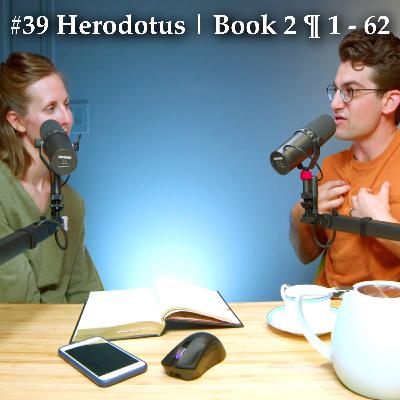
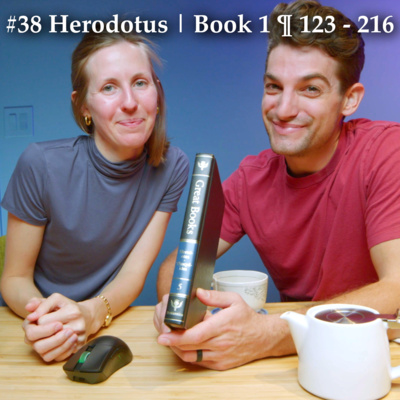
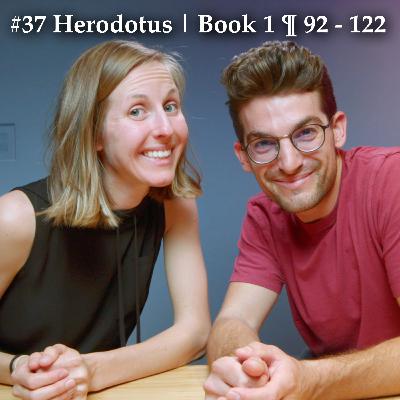
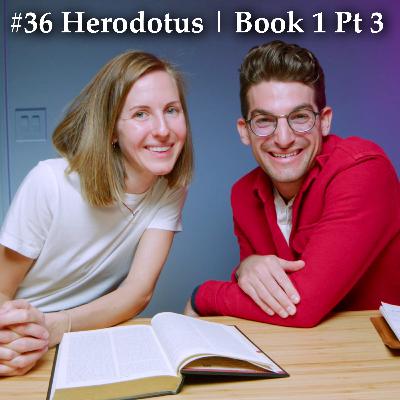
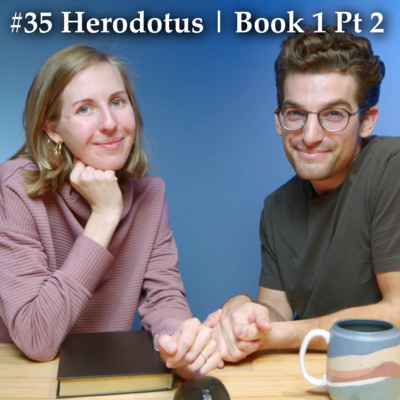
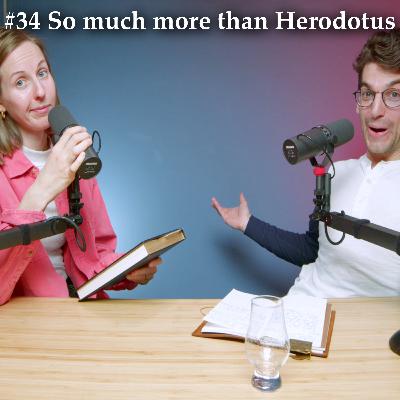

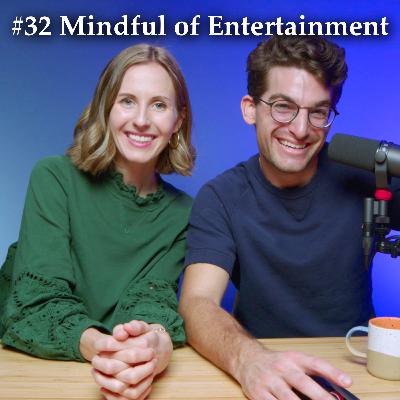
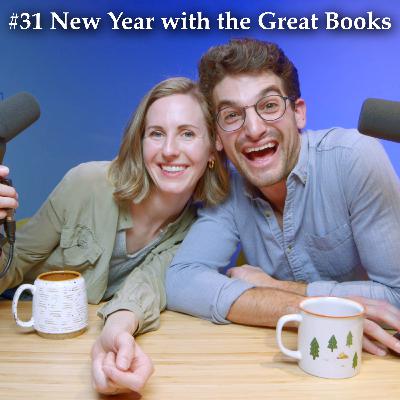
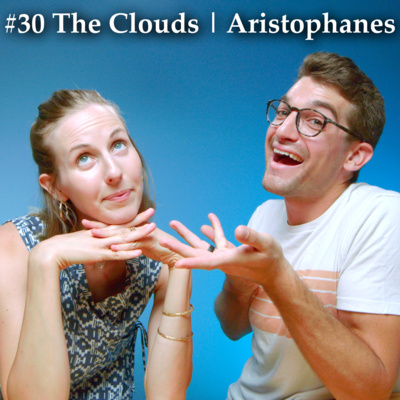

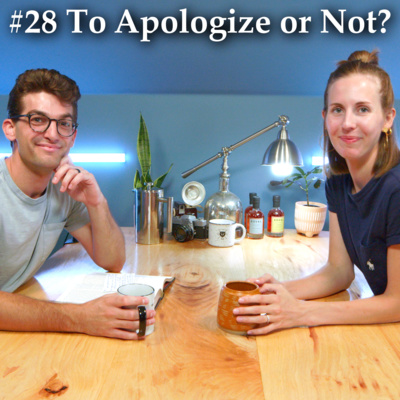
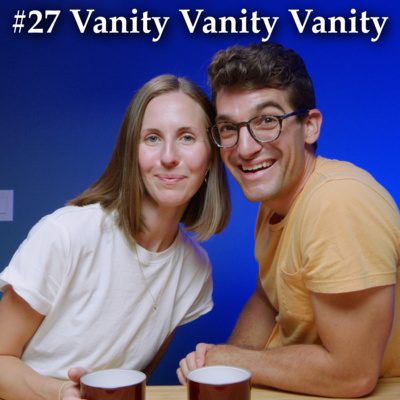
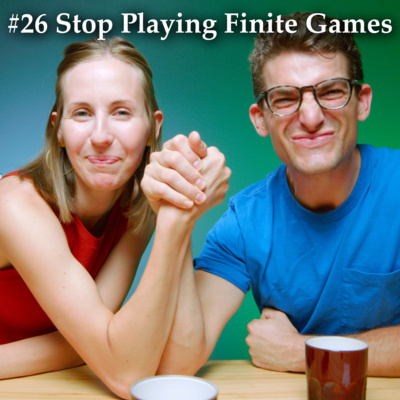

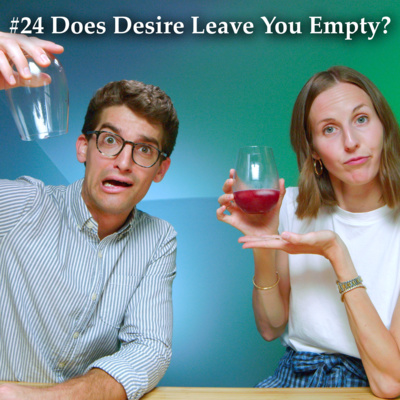
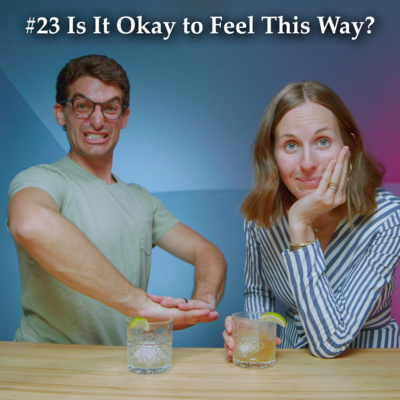

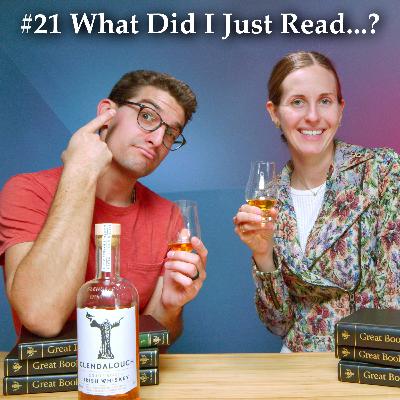
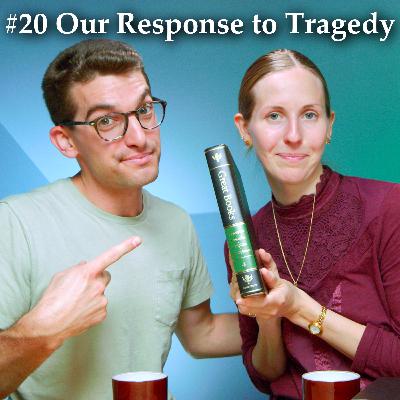



Talking about using only the scientific method reminds me of the scene in Dead Poets Society where they're talking about measuring a poem's greatness by charting it on a graph. Literature doesn't really fit with the scientific method. It's more about how the written word extracts certain emotions or allows you to gain a perspective you may not have considered before. Sorry, this is going be long, I love this topic. I could not stand most of the classic literature I was told to read in school. I hated Lord of the Flies and Catcher in the Rye. but I can reference them with accuracy. And there are better Shakespearean plays and sonnets than Romeo and Juliet. I get that it's classic, but it is so overdone. I've read more classic literature outside of school than in it. I love the Odyssey, I am a big fan of Henry David Thoreau, I cannot stand Wuthering Heights; Kathy is an insipid little brat. I liked Villette; I'm more a fan of Charlotte than Emily.